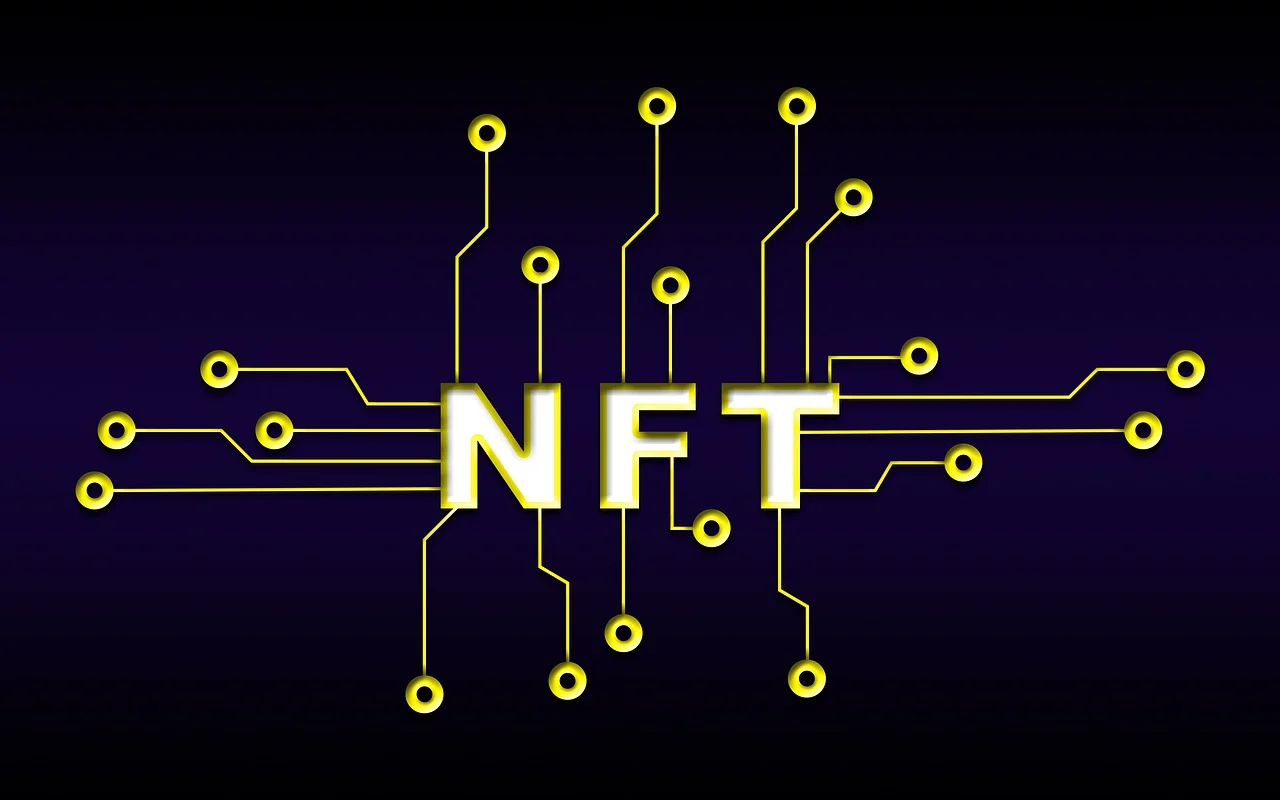

In the ever-evolving landscape of the digital age, Non-Fungible Tokens (NFTs) have burst onto the scene as a revolutionary force, extending far beyond the realm of art and making waves in the broader concept of digital ownership. From virtual real estate to collectibles and gaming items, NFTs are leaving an indelible mark on the way we perceive and interact with digital assets.
Before delving into the diverse applications of NFTs, it’s crucial to understand what these tokens are and how they function. Non-Fungible Tokens are unique digital assets verified using blockchain technology, ensuring each token is distinct and cannot be replicated. This intrinsic uniqueness forms the foundation of NFTs and opens up a myriad of possibilities for ownership in the digital realm.
While NFTs gained prominence through digital art sales, their applications have quickly expanded. Art is just the tip of the iceberg, as NFTs are finding their way into various sectors, redefining the concept of ownership in unprecedented ways.
One of the most intriguing developments is the emergence of NFTs in the virtual real estate market. Platforms like Decentraland and Cryptovoxels enable users to purchase, sell, and build upon digital land using NFTs. This transformative concept not only paves the way for virtual economies but also challenges traditional notions of property ownership.
NFTs are seamlessly integrating into the gaming industry, allowing players to truly own their in-game assets. From rare skins and weapons to entire virtual worlds, NFTs ensure that gamers can transfer, sell, or trade their digital possessions across various platforms. This not only enhances player autonomy but also introduces new economic models within the gaming ecosystem.
Artists, musicians, and content creators are exploring NFTs as a means to tokenize their intellectual property. By representing digital content through NFTs, creators can establish direct connections with their audience, ensuring fair compensation and recognition for their work. This shift in the paradigm of content ownership has the potential to reshape traditional copyright structures.
While NFTs bring about groundbreaking changes in digital ownership, concerns regarding their environmental impact have surfaced. The energy consumption associated with blockchain networks has sparked discussions about the ecological footprint of NFTs. Exploring sustainable blockchain solutions becomes paramount to address these concerns and ensure a more eco-friendly future for digital ownership.
In conclusion, the influence of NFTs extends far beyond the confines of the art world. From virtual real estate and gaming to intellectual property and sustainability, Non-Fungible Tokens are reshaping how we perceive and interact with digital assets. The evolution of NFTs heralds a new era of digital ownership, challenging traditional norms and fostering innovation across various industries.
MultiChoice & Canal+ Deal: What’s Going On Background Canal+, the French media giant, is in… Read More
Apple officially announced that its highly anticipated "Awe Dropping" event will take place on Tuesday,… Read More
Decentralized social network Bluesky has pulled the plug on access for users in Mississippi after… Read More
Last week, OpenAI presented GPT-5 as a means of simplifying and improving ChatGPT. The idea… Read More
If your MacBook has started feeling more like a sleepy tortoise than a lightning-fast workhorse,… Read More
When it comes to smartphones, Android devices offer a level of customization and functionality that’s… Read More